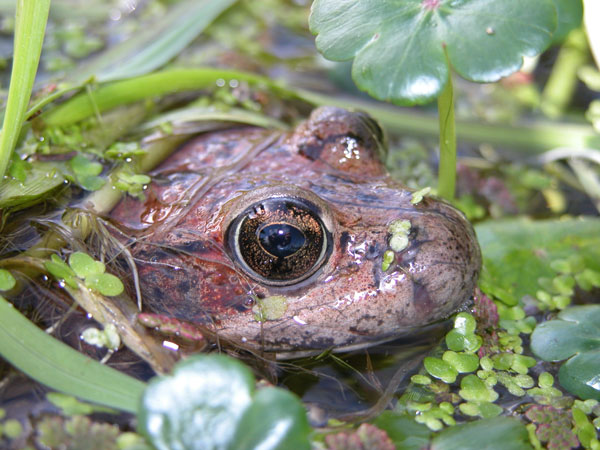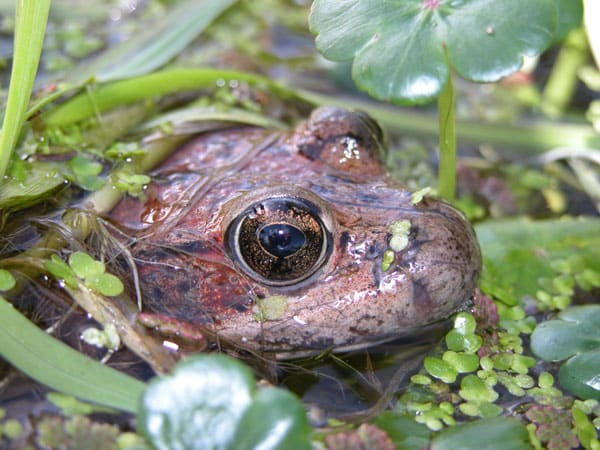The U.S. Fish and Wildlife Service will analyze certain pesticides on their impact on wildlife in the United States
The U.S. Fish and Wildlife Service will analyze certain pesticides on their impact on wildlife in the United States as part of a settlement with the Center for Biological Diversity, which sued the Environmental Protection Agency for not consulting with the USFWS on the impacts that the pesticides, carbaryl, chlorpyrifos, diazinon, malathion and methomyl, have on the California red-legged frog, the official state amphibian. In 2006, the Center obtained an injunction that imposed restrictions on the use of the pesticides until the USFWS completed its consultation, which it failed to do so.

Gary M. Fellers, USGS
The EPA was sued for not consulting with the USFWS on the impacts that the pesticides, carbaryl, chlorpyrifos, diazinon, malathion and methomyl, have on the California red-legged frog.
“We don’t think these chemicals should even be in use, but at the very least, measures to protect endangered wildlife should have been put in place when these chemicals were first approved,” Collette Adkins Giese, an attorney at the Center said in a statement.
“We hope the analysis required by this agreement will finally reduce the use of toxic pesticides in the habitats of our country’s most vulnerable wildlife.”
The EPA must consult with the USFWS and other federal wildlife agencies to ensure that pesticides that can harm endangered species are not used. If the USFWS believes that a pesticide would harm a protected species, restrictions on its use may be enforced to prevent negative effects on the endangered animals.
John B. Virata keeps a ball python, two corn snakes, a kingsnake, and two leopard geckos. His first snake, a California kingsnake, was purchased at the Pet Place in Westminster, CA for $5.



